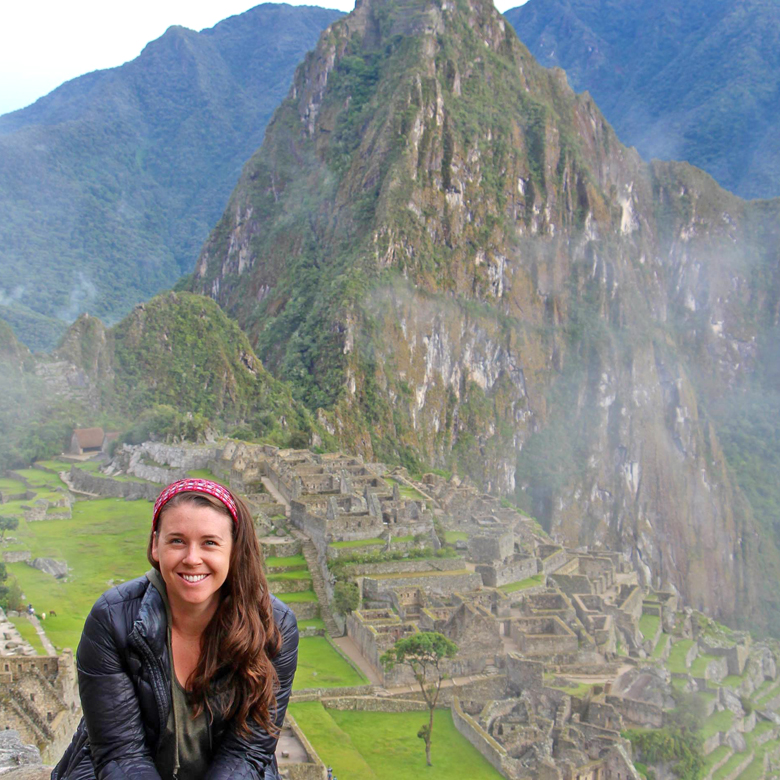Kirstie Ruppert, Ph.D.
Scientist
Dr. Kirstie Ruppert serves San Diego Zoo Wildlife Alliance as a Scientist in Community Engagement. In this position, she conducts social research to understand the human dimensions of conservation issues and to evaluate conservation learning programs. Her current work is based in the conservancies of northern Kenya, where she works in partnership with pastoralist communities and conservation organizations to promote coexistence between people and wildlife, including giraffes, leopards, and elephants. Her primary focus in our giraffe conservation program has been to train and support the Twiga Walinzi (Giraffe Guards) that are monitoring reticulated giraffes and addressing human pressures on wild populations. She has also helped SDZWA projects in Hawaii, Vietnam, and Peru with her experience evaluating education programs and interest in conservation behavior. Her background in conservation education and study of human-wildlife conflict supports this team's community-based conservation initiatives.
Before joining the community-based conservation team, she focused on learning programs in the Conservation Education Lab. She initially joined SDZWA as an Undergraduate Summer Student Fellow, working to evaluate the long-term outcomes of our professional development program for science teachers. She then served as the Advanced Inquiry Program (AIP) coordinator, and now facilitates graduate courses in conservation planning, socio-ecological research, and environmental stewardship.
Kirstie earned her bachelor’s degree in Environmental Science from the University of California, Los Angeles, and her master’s degree in Zoology at Miami University (Oxford, OH). Her master’s work examined the intersection of participatory research with photography as a tool to engage communities in conservation. She received her doctorate in Ecology and Environmental Sciences at University of Maine, studying the human dimensions of giraffe conservation and poaching as a threat to giraffes in Kenya.

